Megan Elliott, Sarita Reyes and Tanis Trainor
Senioritis is not a myth. Take it from three fourth-year Public Relations (PR) students: completing your last academic term is both exhilarating and terrifying. We’re dangerously close to entering the so called “real world” but, no matter how close we get, the learning never stops.
Research methods is one of the required courses for our degree. We decided to research the effectiveness of quotes in news releases and what influences a journalist’s decision to use a quote from a news release in his or her coverage. But, what we learned went far beyond the results of our study. Here are the five things you learn by doing research in university, as told by everyone’s favourite lawyer: Harvey Specter.
1. Chose your group wisely
Let’s face it: nobody likes group work. It’s the dreaded reality of university and the working world. When your professor reads the words “in groups” from the syllabus on the first day of classes, we all inevitably search the room for the perfect partner.
If there’s anything we’ve learned over the past four years, it’s that not all group projects have to be horrible. If you work with the right people they can be effective, rewarding and fun. Work with people you know you can rely on, and look for group mates who balance out your weaknesses. If you know the girl who sits next to you loves math (yes, those people do exist) ask her to join your group.
2. Debate is good
Like Harvey, everyone has a personality, opinions, and maybe even a bit of an ego – not everyone sees criticism as constructive. We’re all nice people, and nobody wants to hurt a group mate’s feelings by criticizing his or her work, but it’s important to realize that multiple opinions and being comfortable enough to debate and defend those opinions is actually far better in the long run. A healthy, critical group environment allows for honesty and ends with a higher quality of work.
3. Work with your professor
The Mount has an average class size of 23, which allows professors to give plenty of one-on-one time for group projects. Some students shy away from developing these relationships – don’t be one of them! Once you learn that professors actually enjoy student visits during office hours and sharing their experience (seriously, they love it, just ask), you can learn a lot. Our professor, Dr. Kushniryk, helped us develop our initial ideas into a useful research study which results that would be practically useful in our profession. She helped us and answered all questions with enthusiasm.
Bottom line: professor’s aren’t scary and they want to see you succeed, so don’t be scared to ask for help.
4. Always have a plan B
No matter how carefully you craft your research methodology, you should always come up with a plan B. In our case, the reason for plan B was #Snowmaggedon. Right in the middle of our data collection, Halifax essentially shut down for two whole days. While we tried to find media coverage from news releases, Halifax media was taken over by stories about the “Juan-abe” storm and business closures.
We had about two days to come up with a plan B, and ended up shifting from a proactive study with a Halifax focus to a retroactive study with an Ottawa focus. Word from the wise: have a plan B ready right from the beginning. Your last semester will be busy and stressful enough without having to come up with great ideas under pressure.
5. There’s no magic formula for the perfect news release quote
Of course, we can’t tell you what we learned without including the results of our research! We wanted to figure out how often journalists use quotes from news releases instead of finding their own, and what influences that decision. Basically, we wanted to see if there was a formula for the “perfect” news release quote.
To do that, we looked at Ottawa-focused news releases and asked questions about each quote: Who is the spokesperson?; Are they internal or external?; Are they a high-level spokesperson, like a CEO, or a low-level level spokesperson, like an employee?; How long is the quote?; Does the quote use any industry jargon? What about clichéd language? Then, we then scanned six Ontario-based media outlets to see how often each quote was reprinted.
Our goal was to do some fancy statistical tests to get numerical proof of which factors influence a quote’s chance of being used in coverage. We say “our goal” because we didn’t end up with enough data to actually do those fancy tests. In the end, not one of the 46 quotes were used by journalists (and yes, we were surprised… and slightly disappointed). So, based on our results, it turns out there is no magic formula for a perfect quote.
Of course, no two research studies are the same and you might have a completely different experience. We hope these tips will make your first research experience a whole lot smoother.

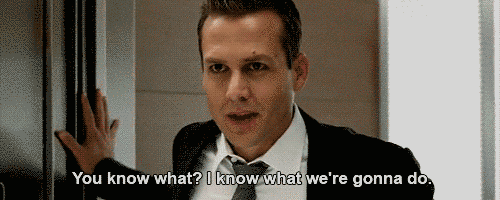
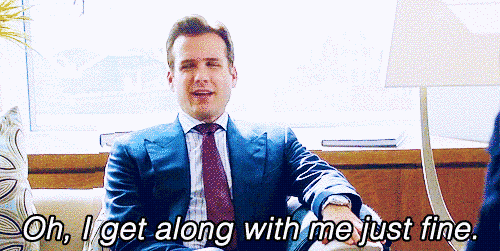
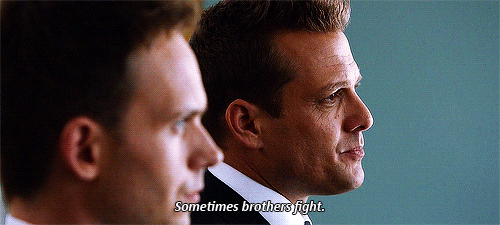

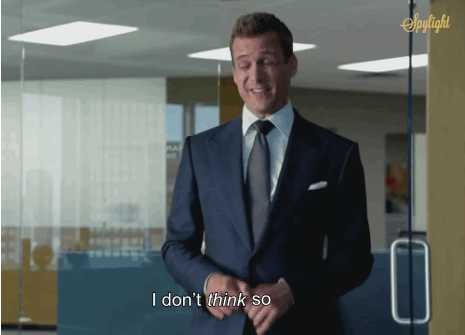


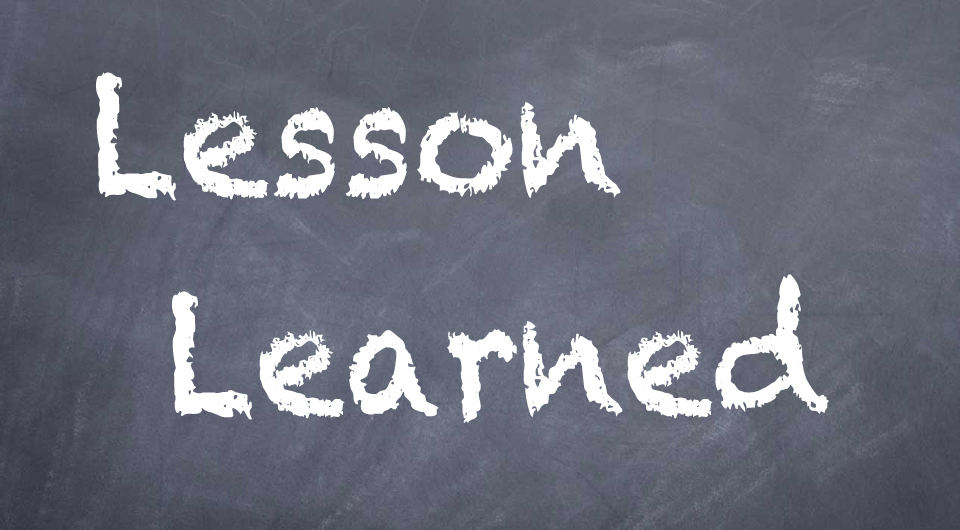
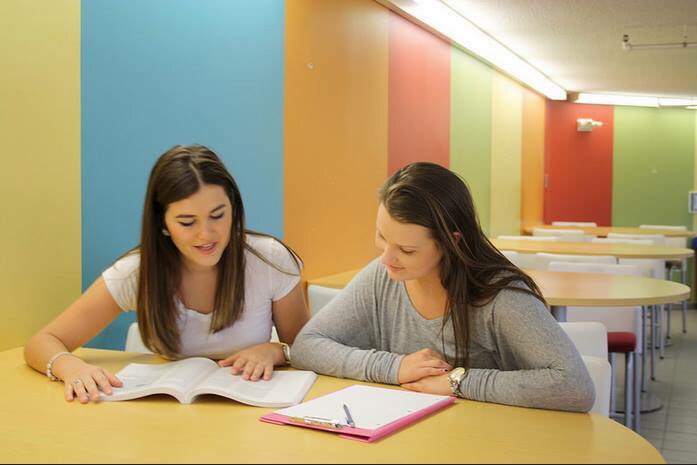
I love point #3 the most! Getting to know my students is a highlight of the job. You guys teach me so much.